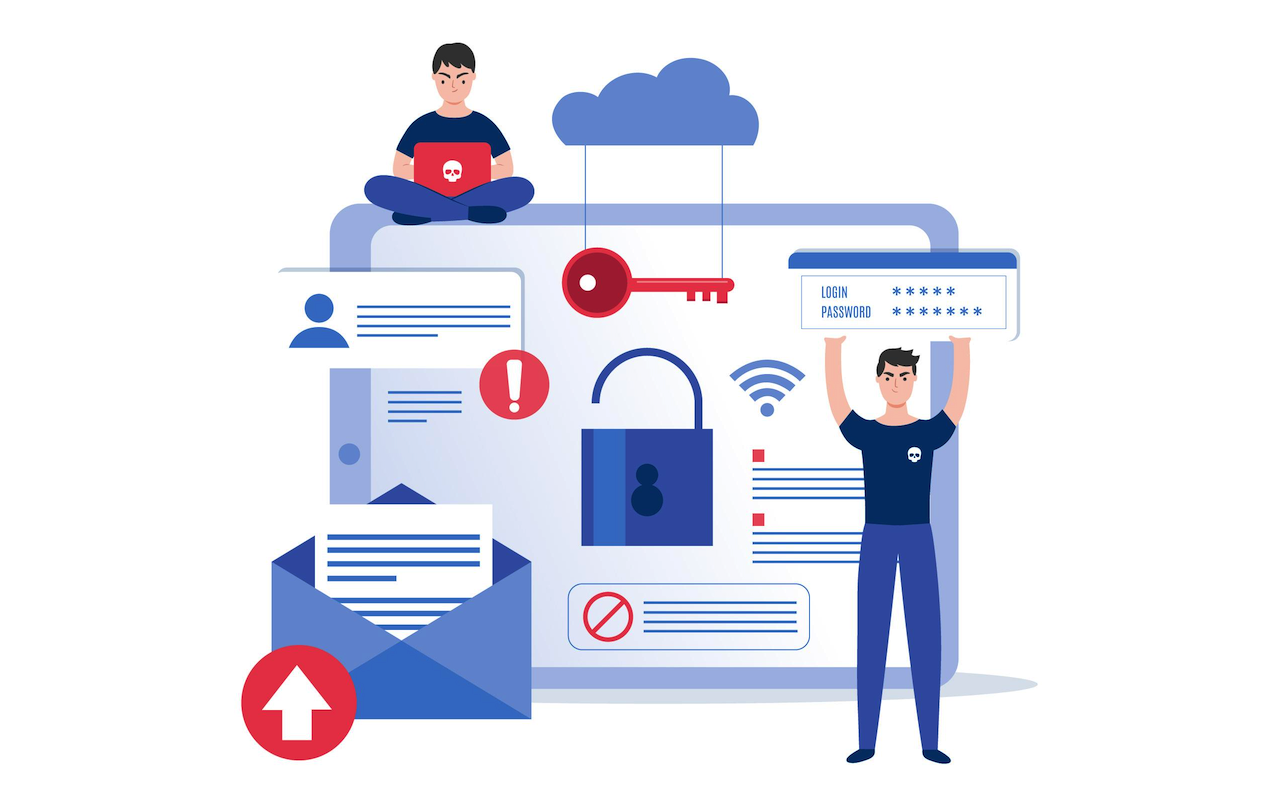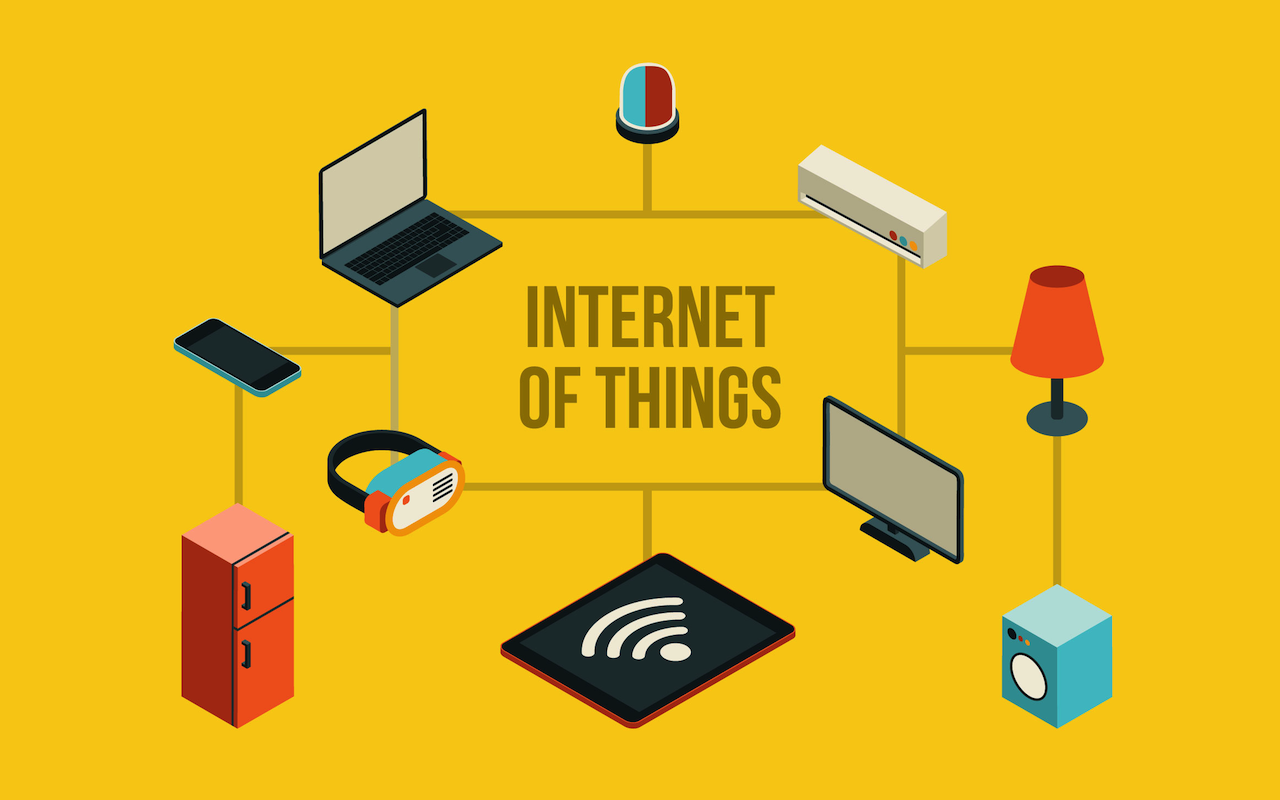
In the current age of digitization, data-driven analysis and synthetic methodologies are increasingly applied to almost every aspect of our daily life. You see personalized advertising in a number of places, not to mention predictive algorithms that are helping people make decisions, largely due to the influence of AI and big data sets transforming entire industries. Joint development also changes the basic parameters of people's relationship with technology. However, amidst all this change, there is one major problem. There's been a lot of attention on data privacy in recent years. Automated systems now collect vast amounts of sensitive information, often storing it indefinitely while extracting value from the way that data is processed. Signs from multiple directions suggest serious concerns about how this information may be collected, shared, or manipulated in ways that could harm individuals. Research highlights how the ongoing expansion of these systems continues to amplify such risks.
Understanding Data Privacy in the Digital Era
People still discuss data privacy a lot. It covers the rights that individuals have regarding the collection, use, and sharing of their personal details. Those details usually include things such as names, addresses, financial data, online behaviors, and even biometric features. In this era of artificial intelligence and enormous data collections, such information turns into something extremely valuable for corporations. Companies count on it to figure out what customers prefer, to improve their offerings, and to develop advertising that targets specific audiences.
Data technologies based on this information provide clear benefits when it comes to ease of use and customized experiences. They also create notable dangers for personal privacy though. Each everyday action, from starting up a phone app to making a purchase on the web or chatting with a digital helper, adds to growing piles of data. In the absence of strong oversight measures and clear practices, that data often ends up controlled by those without permission. Research points to how these situations damage overall confidence and lead to serious breaches of privacy.
The Power and Risks of Big Data
Big data involves handling massive and intricate sets of information. These datasets get examined to spot patterns, trends, and connections among the elements. Organizations in business, government, and research rely on this approach. They aim to sharpen decisions, forecast results, and streamline their work. Healthcare groups, for example, sift through patient records to catch illnesses sooner. Retailers, on the other hand, draw from shopper details to fine-tune stock levels and set prices more effectively.
The benefits of big data seem clear enough. Still, privacy issues stand out as major concerns. Collecting data on such a scale typically pulls from various places. This happens without always getting clear permission from people involved. Anonymizing the information helps, yet progress in AI changes things. It allows for spotting individuals again via matching patterns. Data that appears secure could end up exposing personal details anyway.
Analytics with big data might also deepen biases and unfair treatment. Training models on skewed information leads to problematic results sometimes. Loans get turned down, or job offers fall through. These decisions stem from patterns tied to ongoing social gaps. Ethical handling matters a lot now. Protecting data properly fits right into the broader picture of working with big data.
AI and the Growing Threat to Privacy
Artificial intelligence depends a lot on data to function properly. Machine learning systems need huge amounts of information. They use it to spot patterns and behaviors. They also make predictions based on that. More data helps these systems get better at what they do. Still, this heavy dependence on data creates risks for personal privacy.
Many AI-driven platforms collect information all the time. They do this through things like voice assistants and facial recognition. Web trackers play a role too. Smart devices that listen to voice commands can catch private conversations by accident. Surveillance systems with AI monitor people in public spaces. This raises questions about ethics and laws on constant watching.
AI can predict outcomes in ways that touch on private lives. It looks at data from browsing habits or location tracking. From that, it figures out details about daily routines and preferences. It even learns about personal relationships. Without strong rules on how data gets stored or used, individuals struggle to control their online identities.
The Need for Stronger Data Protection Laws
Governments and groups around the world are starting to look again at how they handle privacy rules because AI and big data keep growing in power. Things like Europe's General Data Protection Regulation or the California Consumer Privacy Act in the US have come along to create better ways to protect data. Those rules let people have a bigger say in their own info by making sure businesses ask permission first to gather it and explain what they plan to do with it.
Still, AI keeps moving so fast that the laws just cannot catch up in many places. A lot of nations do not have solid privacy protections in place yet or they struggle to make sure those rules actually stick. People end up at risk from things like data getting misused, stolen, or passed around without permission. Building up privacy laws on a worldwide scale matters a great deal so people can enjoy what AI brings without putting their own security in jeopardy.
Building Trust Through Transparency
Transparency plays a crucial role in addressing privacy challenges in the era of artificial intelligence. Firms that rely on AI and large amounts of data need to spell out exactly how they gather personal details, keep them safe, and put them to use. People using these services need to understand what data is being gathered and have a genuine choice to opt out if they prefer.
When companies open up like this, they help foster trust and solid connections that last with their users. When people feel their information is handled responsibly, they’re more likely to stay engaged and continue interacting online. Striking a balance between advancing technology and maintaining trust will ultimately determine how well AI systems succeed in the future.
The Role of Individuals in Protecting Their Data
Organizations and governments carry the main duty to safeguard data privacy. Individuals contribute just as importantly by taking steps to protect their own information. Many people post personal details online. They do this without fully grasping the long-term effects it might have. Everyday habits make a big difference. Simple actions, like using strong passwords, avoiding suspicious links in emails or messages, and reviewing app permissions on your devices, can significantly reduce potential security risks.
Users should take the time to understand the privacy tools offered by social media platforms and other online services. Many of these tools allow people to limit how their data is shared or stored. By taking proactive steps, individuals can regain some control over their digital footprint, even in a world where data collection has become nearly unavoidable.
Striking a Balance Between Innovation and Privacy
In this era of artificial intelligence and vast data sets, striking a balance between advancing innovation and safeguarding privacy presents a significant challenge. Data fuels much of the progress in technology. Yet without adequate protections in place, it risks turning into a means of exploitation. The aim here is not to restrict data use altogether. Instead, the focus remains on managing it in ways that are both responsible and guided by ethical principles.
Developing AI with ethics at its core means designing algorithms that prioritize privacy from the very beginning. This approach focuses on minimizing unnecessary data collection and preventing potential misuse. Organizations should establish strong data management frameworks that emphasize transparency, fairness, and clear user consent. Society can truly benefit from AI and big data only when this balance is maintained, where innovation moves forward without compromising privacy and security.
Conclusion
Artificial intelligence and big data continue to reshape how the world operates. In this digital era, data privacy has emerged as a critical concern. Every new technological advancement brings both remarkable opportunities and significant challenges. While AI delivers unprecedented speed and insight, it also introduces vulnerabilities that directly affect the everyday lives of people around the world.
Greater attention to data privacy is more essential than ever. Safeguarding personal information goes beyond technical security; it’s about protecting individual freedom and autonomy in digital spaces. Trust in technology depends on how responsibly data is managed. The future of innovation rests on finding a careful balance between progress and privacy. When handled responsibly, data can drive advancement that benefits everyone without compromising fundamental human rights.
Featured Image by Freepik.
Share this post
Leave a comment
All comments are moderated. Spammy and bot submitted comments are deleted. Please submit the comments that are helpful to others, and we'll approve your comments. A comment that includes outbound link will only be approved if the content is relevant to the topic, and has some value to our readers.



Comments (0)
No comment